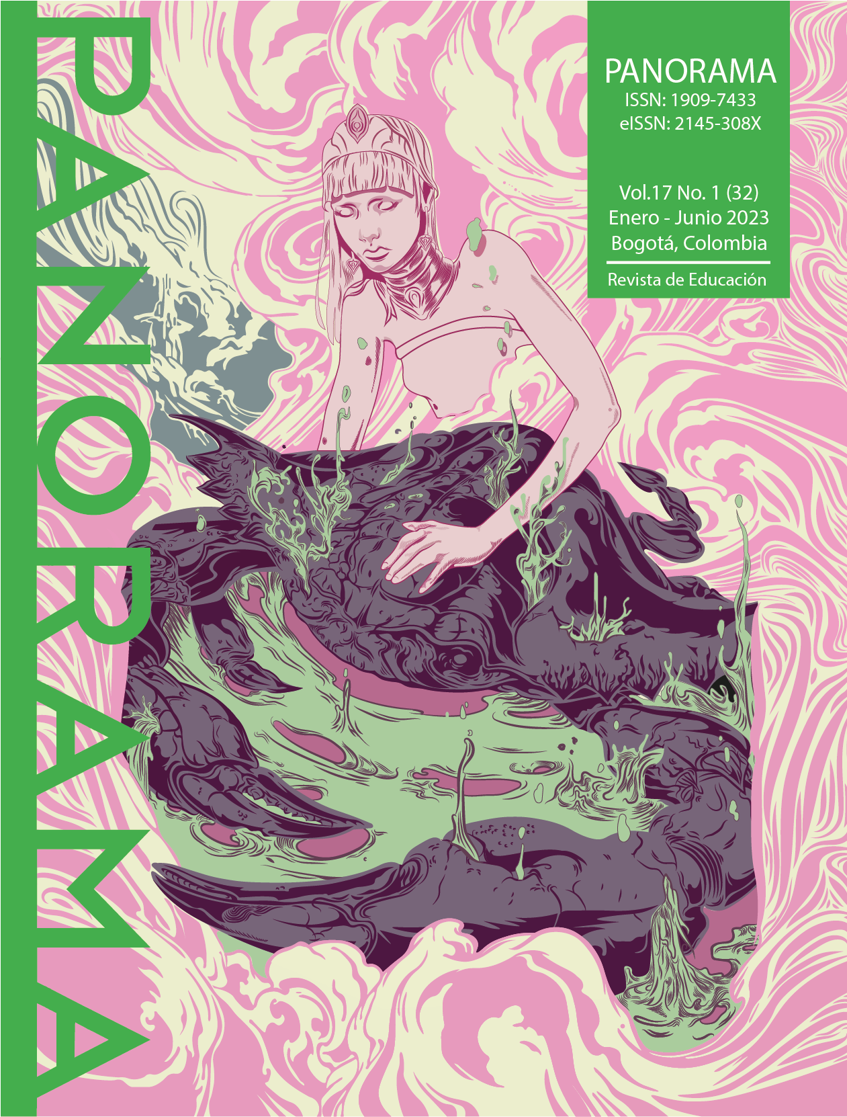Abstract
The purpose of this article is to establish the importance of training pills as teaching support tools in the bachelor’s degree program in Computer Science and Audiovisual Media at the University of Cordoba from the first semester. The type of research is descriptive since it is intended to establish how the resources of the formative pills are a good formative resource, which have a great educational trend and can be used in virtual learning environments, becoming an excellent support for students and will serve as reference material, bearing in mind that the current globalization of education allows them to develop pedagogical and technological skills as instructional designers. During this period, activities will be developed through educational pills and a series of follow-up reports will be made by the proponents of this project. The purpose of the report is to evaluate compliance by the proponents of this initiative to follow up on the activities established in the work plan as an element of vital importance for professional and educational competence.
References
Abad, F. M., y Hernández-Ramos, J. P. (2017). Flipped Classroom con píldoras audiovisuales en prácticas de análisis de datos para la docencia universitaria: percepción de los estudiantes sobre su eficacia. Propuesta de Innovación Educativa en la Sociedad de la Información (pp. 92-105). Eindhoven, NL: Adaya Press.
Allier, E. (2009). Presentes-pasados del 68 mexicano: Una historización de las memorias públicas del movimiento estudiantil, 1968-2007. Revista Mexicana de Sociología, 71(2),287-317. http://www.scielo.org.mx/pdf/rms/v71n2/v71n2a3.pdf
Álvarez, S. (2012). La tecnología al servicio de la enseñanza de la traducción: diseño de un curso de traducción económica en modalidad mixta (presencial-virtual) y su experimentación en el aula. Tesis doctoral. Universidad de Valladolid. http://uvadoc.uva.es/bitstream/10324/1988/1/TESIS234-130121.pdf
Álvarez, R. (2002). La estela de Tlatelolco: una reconstrucción histórica del movimiento estudiantil del 68. México: Ítaca. https://www.redalyc.org/pdf/3050/305024673004.pdf
Bengochea Martínez, L. (2011). Píldoras formativas audiovisuales para el aprendizaje de programación avanzada. Jornadas de Enseñanza Universitaria de la Informática (17es: 2011: Sevilla).
Bengochea, L. y Medina Merodio, J.A. (2013). El papel de los videotutoriales accesibles en el aprendizaje del futuro. Actas V Congreso Internacional sobre Aplicación de Tecnologías de la Información y Comunicaciones Avanzadas (ATICA 2013) (pp. 8087). http://www.esvial.org/wpontent/files/Videotutoriales_BengocheaMedina.pdf
Brooks, D. W., N, D. E. Y Gallagher, S. M., 2001. Web-Teaching. A guide to designing interactive teaching for the World Wide Web. New York: Kluwer Academic/Plenum Publishers.
Hernández Sampieri, R., Fernández Collado, C., & Baptista Lucio, P. (2018). Metodología de la investigación (8a. ed. --.). México D.F.: McGraw-Hill
Leithwood, K (2009) ¿Cómo liderar nuestras escuelas? Área de Educación Fundación Chile, https://docplayer.es/11900593-Como-liderar-nuestras-escuelas-aportes-desde-la- investigacion.html
Miller, S. M. Y Miller, K. L., 2000. “Theoretical and practical considerations in the design of Web-based instruction”. En: Beverly Abbey (Ed.) Instructional and Cognitive Impacts of Web-Based Education. Hershey, PA: Idea Group Publishing
Romo, H. L. (1998). La metodología de la encuesta. JG cáceres, Técnicas de investigación en sociedad, cultura y comunicación, 33-74.
Ruíz Corbello, M., y Domínguez Figaredo, D. (2007). Sociedad de la Información y Educación a Distancia. InL. García Aretio (Ed.), De la Educación a Distancia a la Educación Virtual (Primera, pp. 15–46). Editorial Ariel, S. A.
Simons, H. (2011). El estudio de caso: Teoría y práctica. Madrid: Morata. http://diposit.ub.edu/dspace/bitstream/2445/33367/7/reunid_Los%20estudios%20de%20caso_2012.pdf

This work is licensed under a Creative Commons Attribution-NonCommercial-NoDerivatives 4.0 International License.
Copyright (c) 2023 Panorama





